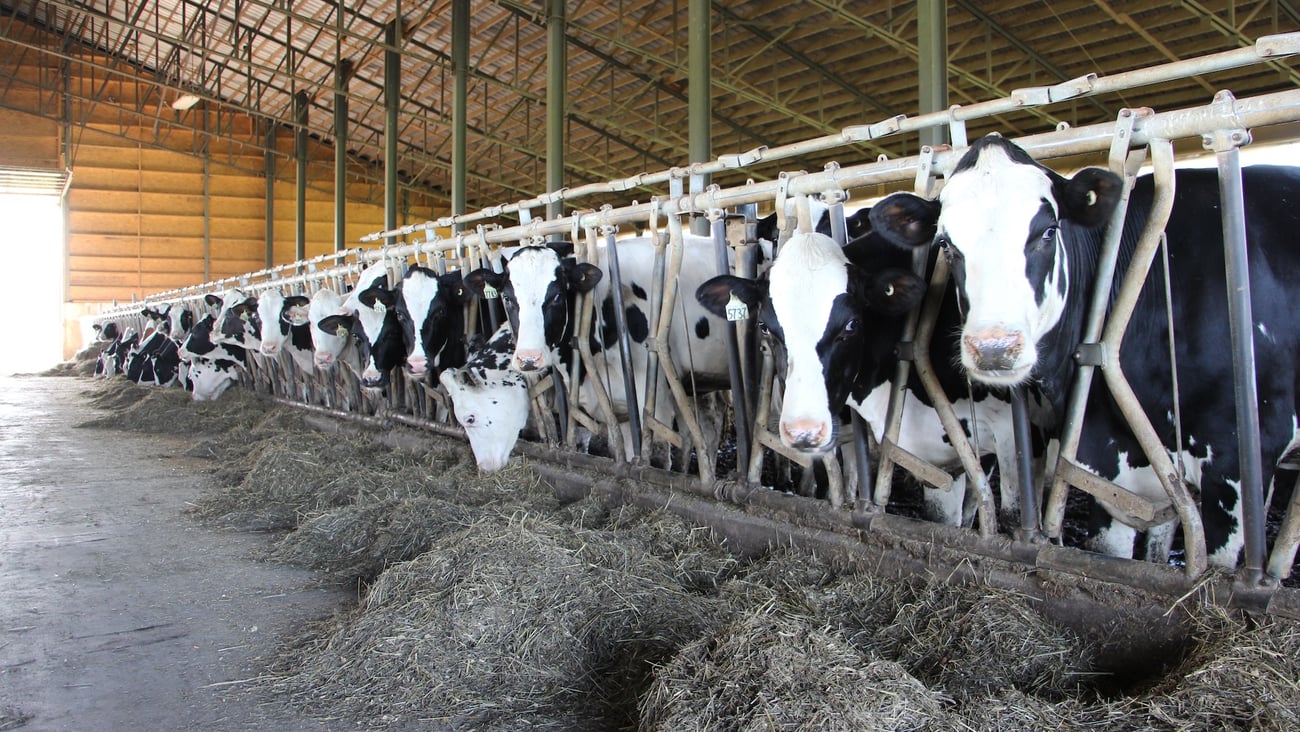The price of cheap labour: How Ottawa’s immigration u-turn could shake up Canada’s food chain
In response to mounting immigration challenges and high youth employment rates, Ottawa has finally decided to tighten its Temporary Foreign Worker Program (TFWP). Starting September 26, the federal government will suspend the processing of Labour Market Impact Assessments for the Low-Wage stream of the TFWP in specific census metropolitan areas. This suspension will apply to cities where the unemployment rate is 6% or higher, though the exact locations have yet to be disclosed. While exceptions will be made for sectors critical to food security—such as primary agriculture, food processing, and fish processing—the food service industry will not be spared from these changes.
The TFWP, established in 1973 under Pierre Trudeau’s Liberal government, was originally designed to address labour shortages by allowing employers to hire foreign nationals when qualified Canadians or permanent residents were unavailable. Over time, the program expanded to include a "low-skilled workers" category, introduced in 2002 under Jean Chrétien's Liberal government. This category has since become the backbone of the temporary foreign workforce in Canada. However, many sectors have become overly dependent on this program to fill low-wage positions, leading to systemic issues that should have been addressed long ago.
The decision to reform the TFWP is long overdue. Businesses will now be encouraged to invest in productivity improvements, but it is crucial to monitor how these changes will impact the entire food supply chain, including the food service sector. The road ahead will not be without challenges.
Restaurants Canada, a key industry group, has already expressed concern. The organization notes that while only 3% of food service employees are hired through the TFWP, the program is essential for restaurant operators who struggle to find Canadian workers for specific roles. The new limitations, which cap the use of temporary foreign workers at 10% across all industries and shorten the maximum employment duration from two years to one year, could significantly disrupt the food service sector.
Despite these concerns, Ottawa’s decision is ultimately the right one—albeit belated. It is noteworthy that this move comes from a government that has previously been criticized for its open-door immigration policies. Not long ago, any attempt to tighten immigration was often labeled as xenophobic and un-Canadian. Yet, Canada’s current approach to immigration has not yielded the economic benefits many had hoped for. While our population continues to grow, GDP per capita remains stagnant, leading to what some economists are calling a "Per Capita Recession." This disconnect highlights the need for a more strategic approach to immigration, one that balances the influx of new citizens with the capacity to provide adequate housing and a robust labour market.
The inconsistency and political rhetoric surrounding these issues are frustrating. The same government that once expanded immigration without sufficient planning is now scaling back the TFWP. Meanwhile, figures like Mike Moffatt from the Smart Prosperity Institute—a think tank heavily funded by Ottawa—have oscillated between advocating for more immigration and now supporting restrictions. Such flip-flopping only adds to the uncertainty faced by both businesses and workers.
READ: Aging population will widen labour gap in Canadian agriculture
Temporary foreign workers are human beings, and the companies that hire them need predictability and stability—something that has been lacking in recent years. While relying on cheap labour may keep costs low, it also fosters economic complacency and inefficiency. Ottawa’s recent changes to the TFWP address a problem of their own making, and for that, they deserve some credit. But the broader challenge remains: ensuring that Canada’s immigration and labour policies work in tandem to support sustainable economic growth. The food supply chain, for now, appears to have been spared the worst, but the full impact of these changes will only become clear with time.






